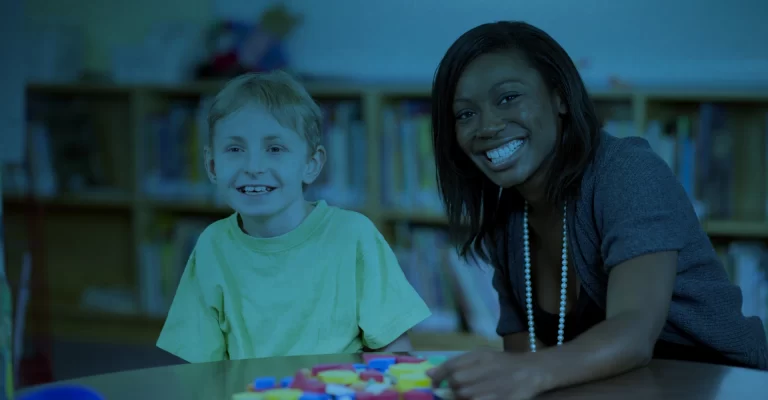The Cornerstone of Tomorrow: Prioritizing Children’s Health and Care
April 4, 2024 2024-04-04 11:28The Cornerstone of Tomorrow: Prioritizing Children’s Health and Care

The Cornerstone of Tomorrow: Prioritizing Children’s Health and Care
In the tapestry of society, children represent the vibrant threads of potential, dreams, and future achievements. Yet, the health and care we provide to these young members are not just acts of kindness; they are investments in the world of tomorrow. Ensuring the well-being of children is paramount, as it lays the foundation for healthy, capable adults who will lead, innovate, and care for the generations to follow.
The Pillars of Children’s Health
Nutritional Well-Being
Proper nutrition is the bedrock of child health. A balanced diet, rich in fruits, vegetables, whole grains, and proteins, fuels not only physical development but also cognitive growth. In a world increasingly dominated by fast food and processed snacks, instilling healthy eating habits from a young age can combat obesity, diabetes, and heart disease later in life.
Physical Activity
With technology’s allure leading many to sedentary lifestyles, the importance of physical activity cannot be overstated. Regular exercise strengthens muscles and bones, enhances coordination, and promotes mental well-being. Activities like playing outside, participating in sports, or even family walks, play a critical role in establishing a foundation for a healthy lifestyle.
Mental Health
Children’s mental and emotional well-being is as crucial as their physical health. Open conversations about feelings, stress, and mental health destigmatize these important issues. Early intervention and support for mental health challenges can set the stage for resilience and coping strategies that last a lifetime.
Preventive Healthcare
Regular check-ups, vaccinations, and dental care form the preventive framework that safeguards against health issues. These visits are not only opportunities to catch problems early but also moments for parents and caregivers to discuss concerns and receive guidance on the challenges of growth and development.
The Role of Society
The responsibility of nurturing and protecting children’s health extends beyond the family unit. Schools, communities, and governments have pivotal roles to play. Educational systems can incorporate comprehensive health education, including physical education and nutrition. Community programs can provide safe spaces for play, socialization, and learning. Meanwhile, governments can ensure policies and resources are in place to support families, such as healthcare access, parental leave, and nutrition assistance programs.
Challenges and Solutions
Despite our best efforts, socioeconomic factors, access to care, and educational disparities can hinder the health and wellness of children. Addressing these challenges requires a multifaceted approach:
- Universal Healthcare Access: Ensuring every child has access to healthcare is a fundamental step towards equitable health outcomes.
- Education and Awareness: Campaigns that educate families and children about nutrition, exercise, and mental health are vital.
- Community Support Systems: Building networks of support for families through community centers, counseling services, and extracurricular activities can mitigate the impacts of socioeconomic disadvantages.
Conclusion
The health and care of children are the keystones of a healthy, thriving society. By investing in their physical, mental, and emotional well-being, we are nurturing the leaders, thinkers, and caretakers of tomorrow. It is a collective endeavor that promises to yield dividends in the form of a brighter, healthier future. Let us commit to this cause with the understanding that every child’s health is a step towards global well-being.
Popular Tags


















